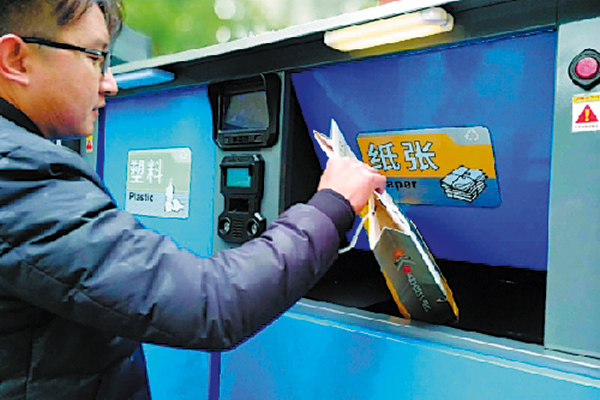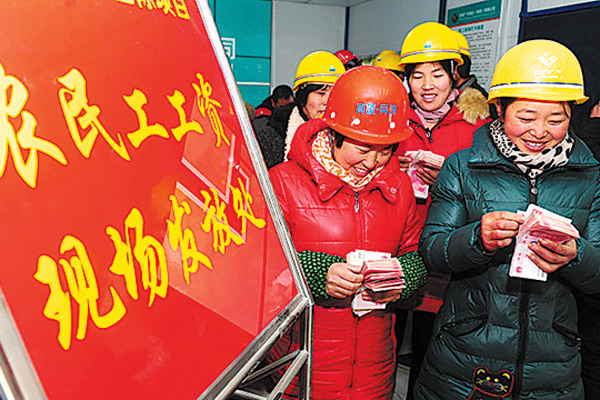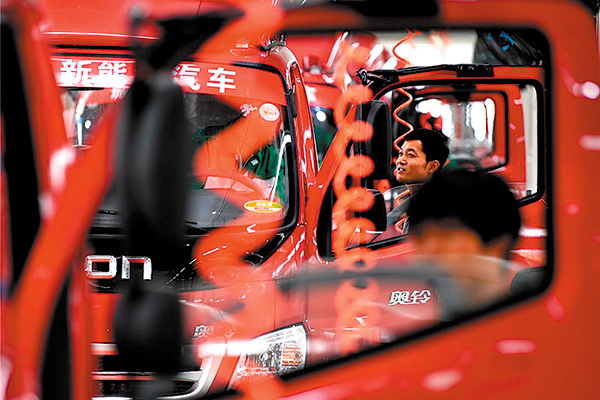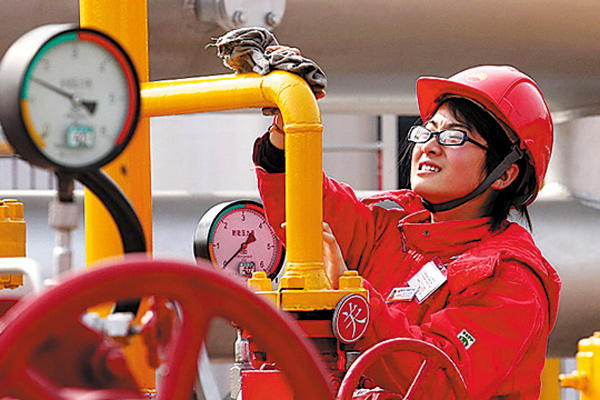Guiyang urban plan gets approval

The State Council has approved the overall urban plan (2011-20) for Guiyang, capital of Southwest China’s Guizhou province.
Guiyang is a crucial innovation center and a major tourist spot in the southwest. The plan sets aside a designated area of 3,121 square kilometers for urban and rural development in the provincial capital, emphasizing on developing counties and major towns with greater potential and optimizing the overall layout of villages and towns.
According to the plan, revised this year, the population of permanent residents in downtown Guiyang should be capped at 4 million by 2020, and the city’s urban construction land limited to 380 square kilometers.
Additional land for construction should be strictly controlled. By contrast, underground space will be further utilized. Efforts should also be made to improve the efficiency in land use and protect basic farmlands.
Meanwhile, the State Council urged local governments to establish a system that can serve multiple urban transportation means.
Infrastructure including urban water supply, drainage and sewage disposal should be built. Facilities for disaster prevention should also be reinforced, the plan said. The plan aims to transform Guiyang into an energy-saving and environmentally-friendly city through cutting outdated production capacity and emissions while promoting a safe waste and sewage disposal system.
Evaluation ensures workers’ interest

The State Council announced last week the launch of a nationwide evaluation on local governments ensuring wages for migrant workers.
The annual campaign will last until 2020.
According to the notice, the evaluation will focus on the supervisory responsibilities of local governments in safeguarding legal payments for migrant workers. As the latest effort to promote social fairness, the evaluation aims to prevent delayed wages for the group and protect their legal rights.
The State Council said the evaluation will also be conducted through on-site verification, sample surveys and interviews, in addition to reports by local governments. Provincial governments will be given A, B, and C depending on their performance in this field. Those rated as C will be interviewed and marked for correction. Fraud and other manipulative behaviors will not be tolerated, and violators will be reported and investigated, the notice added.
Authorities to take lead in e-vehicles

A revised regulation on official vehicle use has been issued, requiring the Party and governmental agencies to take the lead in using new energy vehicles.
The regulation, issued by the general offices of the CPC Central Committee and the State Council, was put into operation on Dec 5, 2017.
The general offices also issued another regulation on office occupancy for the CPC and governmental agencies, which is aimed at creating reasonable allocation of offices to build a clean and economical government.
Office occupancy includes places for offices, services and equipment as well as other related uses, and such places should strictly follow the rules, according to the regulation which also took effect on Dec 5.
The two regulations stress increased supervision over CPC and governmental agencies, said an official of the National Government Offices Administration.
Hegang gets green light for expansion
The State Council has issued a notice approving the overall urban planning (2006-20) for the city of Hegang in Northeast China’s Heilongjiang province.
Hegang is an important industrial energy city and a major city located in the northeastern part of Heilongjiang. According to the plan, an area of 1,067 square kilometers was designated for coordinated rural and urban development.
The plan, revised this year, called on efforts to improve management of the suburban areas, expand public facilities to serve neighboring villages, develop the growth potential of counties and key villages, and optimize the overall layout of villages and towns.
The document said, by 2020, the city’s downtown population should be kept under the ceiling of 860,000, and urban construction land should be limited to 98 square kilometers.
No more development zones or districts should be established beyond the designated construction areas. The use of construction land will be controlled, and protection of arable land will be strengthened, the plan said.
Urban amenities, including the transport systems, parking lots, underground pipelines and disaster prevention systems, should be improved, the document said.
The plan also stressed efforts for resource conservation and environmental protection, by reducing outdated production capacity, controlling polluting emissions and effectively using water resources.
China-ROK parks target cooperation
Three China-ROK industrial parks will be established to strengthen the country’s economic ties with the Republic of Korea, according to a notice released by the State Council on Dec 15.
The parks will be set up in Yancheng in Jiangsu province, Yantai in Shandong province and Huizhou in Guangdong province. The three parks were urged to advance China-ROK cooperation in local economy and high-end industries.
The parks will carry out provisions of the China-ROK free trade agreement and promote experiences learned from China’s pilot free trade zones, which help promote the two countries’ cooperation under the Belt and Road Initiative and deepen trade and investment cooperation, according to the document.
The notice urged provincial governments to take responsibility for formulating implementation plans as soon as possible. The document said the Ministry of Commerce will coordinate and oversee the development of the industrial parks.
State assets to have value boosted

Management of State-owned enterprises should be improved to raise the value of State-owned assets, according to a State Council executive meeting, presided over by Premier Li Keqiang on Dec 13.
A report on an inspection on central SOEs, which are directly administered by the central government, was submitted to the meeting. Problems found in the inspection should be corrected and SOEs should develop effective corporate legal person systems and market-oriented mechanisms, according to a statement released after the meeting.
